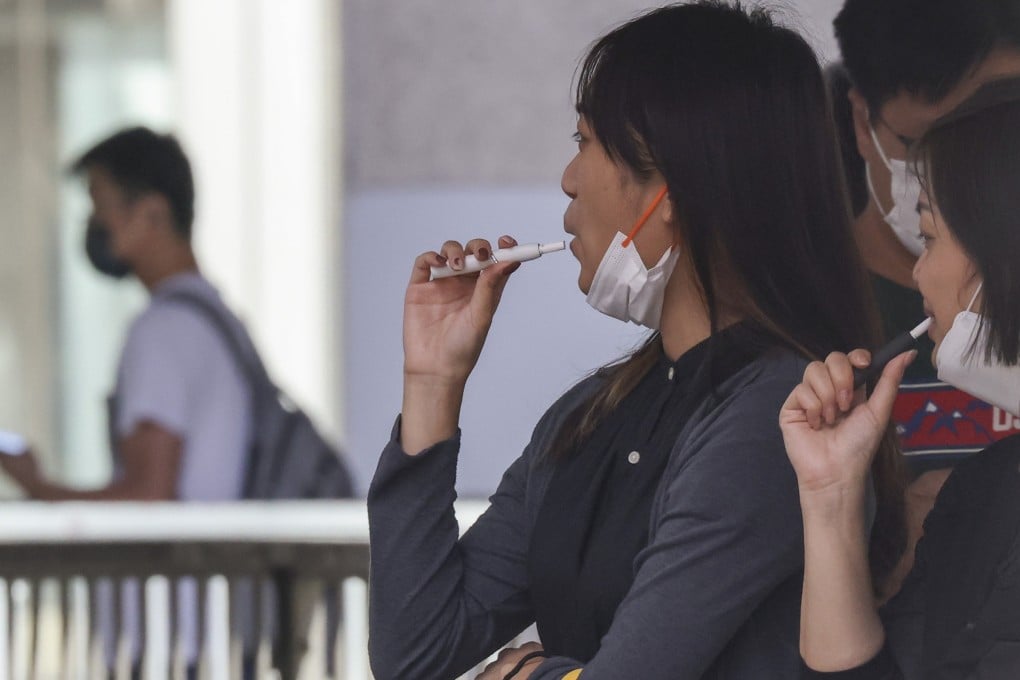Hong Kong may reverse ban on some types of re-export of e-cigarettes and other heated tobacco products
- Just this past April, legal amendment banning import, sale and manufacture of alternative smoking products took effect
- But authorities now considering amending law, with eye on billions of dollars that trade generates annually, source says

Hong Kong may reverse its ban on the re-export of e-cigarettes and other heated tobacco products by land and sea transport by the end of this year as part of efforts to ignite growth, the Post has learned.
But an economist on Monday warned the move would undermine the credibility of city authorities if they backtracked on their promise to curb tobacco use and also weaken the promotion of public health.
“Senior officials are mulling over the relaxation of the transshipment ban on re-exporting the alternative smoking products from Hong Kong, given the significant values of the re-export,” a government insider said.
“The original intention of the amendment was to prevent the re-exported products from slipping back to Hong Kong through other means. The new move would roll back the tobacco control regime.”
Under the city’s present laws, which were amended last year and took effect at the end of April, no one can import, sell or manufacture alternative smoking products such as electronic cigarettes, heated tobacco products and herbal cigarettes.
Offenders face a fine of up to HK$50,000 (US$6,370) and up to six months in jail. But consumers are still allowed to use vaping gadgets.
The legislation also prohibits smoking products from being transshipped through Hong Kong when brought in by truck or ship for transport onwards overseas, although air transshipment cargo and transit cargo that stays on a plane or ship are exempt.